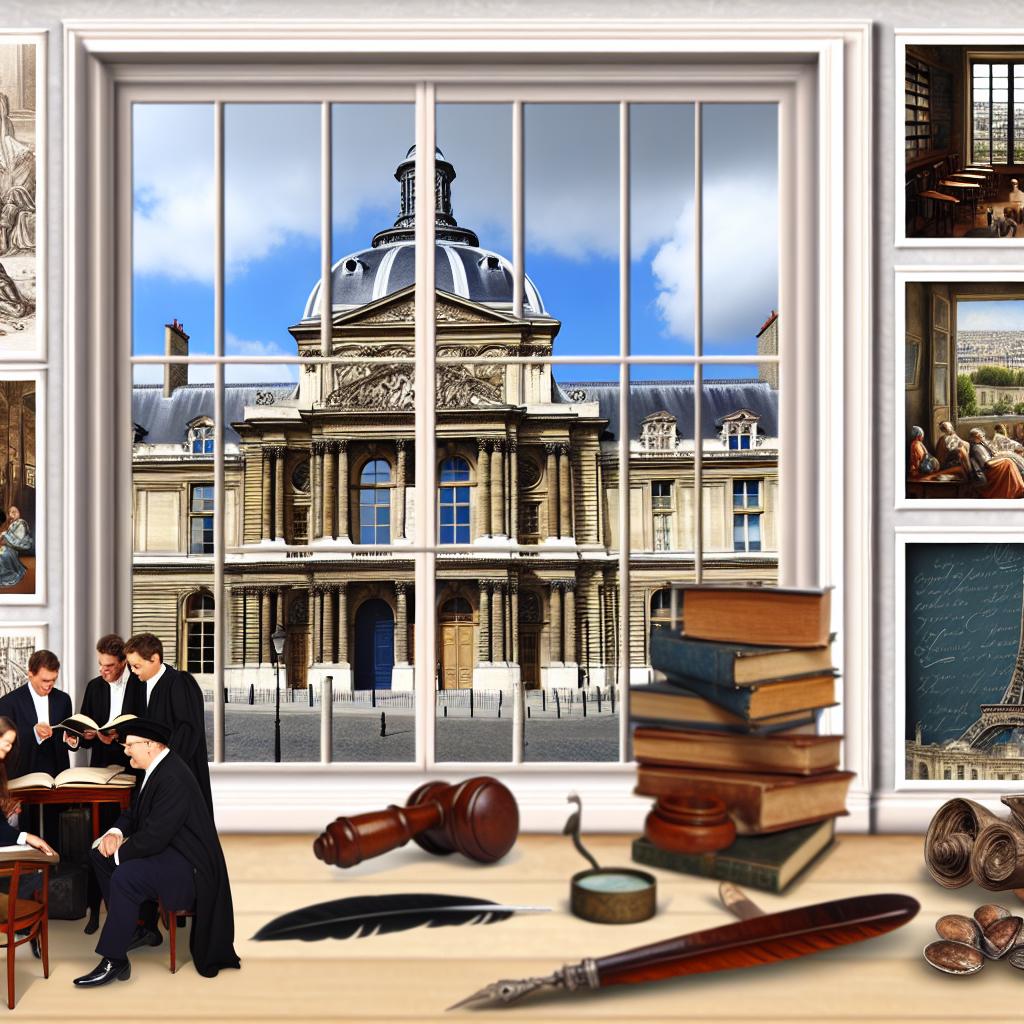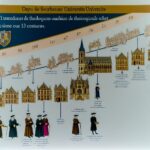The French Academy: An Overview
The Académie Française, or the French Academy, stands as one of the most influential linguistic bodies in the world. Founded in 1635 by Cardinal Richelieu, who served as the chief minister to King Louis XIII, the Academy’s fundamental mission has been to preserve and safeguard the French language. Not merely a linguistic conservatory, it also plays a critical role in guiding the language’s evolution and ensuring its purity. This esteemed institution consists of 40 members known as “immortals,” a testament to their enduring contribution to French language and culture. These members, with expertise spanning law, science, and the arts, significantly sway discussions impacting the cultural landscape of France.
Influence on Language
The influence of the French Academy on the language it seeks to protect and nurture is both profound and multi-layered. Central to its activities is the publication of official dictionaries, which serve as authoritative references for language usage. The Academy’s guidelines on language usage extend from grammar to spelling, and its authority is such that even educational curricula align their content with the Academy’s recommendations. This institutional influence means that the acceptance of new words and changes in spelling often depend on the Academy’s seal of approval. Acting as a regulatory body, the Academy ensures that the French language remains consistent and that the clarity of expression is not only maintained but also enhanced, serving as a custodian of France’s rich linguistic heritage.
Impact on French Culture
Extending its influence beyond the confines of language, the French Academy is a key player in shaping the broader cultural landscape of France. It plays an active role in endorsing and supporting cultural projects, granting them a certain legitimacy and prestige that can significantly elevate their standing in society. The Academy also awards numerous literary prizes, which not only recognize individual excellence but also set benchmarks in French literary and cultural excellence. Furthermore, the Academy contributes meaningfully to national discourse, offering insights and shaping opinions on matters that intersect the domains of art and science. By engaging in these activities, the French Academy safeguards and promotes French cultural ethos, thereby strengthening the nation’s cultural identity.
Criticism and Challenges
Despite its significant stature and influence, the French Academy is not immune to criticism and faces a number of challenges. A common critique leveled against it is that of conservatism, with detractors asserting that the Academy is often resistant to change. This criticism is particularly vocal from proponents of linguistic inclusivity and modernization, who argue that the Academy’s somewhat rigid stance could hinder the natural evolution of the language. Furthermore, there exists an occasional discord between the Academy’s decisions and contemporary linguistic trends, especially in the context of a rapidly globalizing world where languages continuously borrow and adapt. These issues raise questions surrounding the Academy’s relevance and adaptability in today’s society.
The Academy in Relation to Modern Society
In an era characterized by rapid globalization and technological advancement, the role of the French Academy remains both significant and complex. As language becomes more dynamic and subject to global influences, the Academy’s responsibility is to navigate this terrain by balancing the preservation of tradition with a willingness to adapt to new realities. Its continued relevance hinges on engaging in open dialogues with varied linguistic communities, thereby embracing the organic evolution of language. By doing so, the Academy not only reaffirms its authority but also strengthens its role as a protector of the French linguistic and cultural tradition.
Transparence and Accessibility
Transparency and accessibility are integral to the Academy’s endeavors to maintain its influence and relevance. In recent years, the institution has recognized the importance of opening up avenues for the public and scholars alike to access its resources. This involves digitizing their content and making it available online, engaging with audiences through social media, and participating in public discussions. By doing so, the Academy demystifies its operations, making its decisions and deliberations known to a broader audience. This openness not only enhances the institution’s credibility but also invites constructive critique, thereby fostering an environment that is conducive to growth and evolution.
Evolution and Adaptation
The Academy’s ability to evolve is crucial to its continued success and influence. As the world changes, so too must institutions that serve as guardians of tradition. The French Academy’s evolution may encompass incorporating a more diverse array of perspectives within its ranks, acknowledging and adapting to technological advances, and being receptive to how global interconnectedness impacts language. Such an adaptive approach would allow the Academy to not only preserve the French language but also allow it to flourish in a way that resonates with contemporary realities.
For further exploration into the French Academy’s ongoing work and projects, one can visit their official website. There, resources and information offer deep insights into how the French Academy continues to influence and uplift the French language and culture, reinforcing its significance in national and cultural identity.
By remaining a steadfast guardian of the French language while earnestly seeking dialogue and adaptation, the French Academy endures not only as a historical institution but as a relevant and active participant in the future of French linguistic and cultural discourse.








